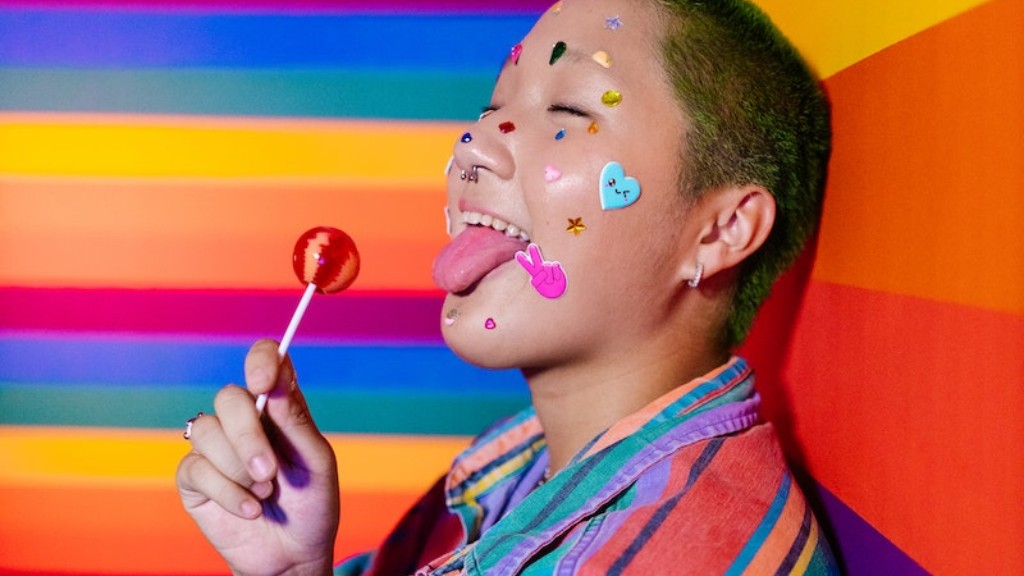The Origins
Robert Downey Jr.’s career was in the doldrums when Marvel Studios offered him the chance to star as Iron Man. Up to that point, superhero movies had been a mix of campy (1997’s Batman & Robin) and moody (Christopher Nolan’s Batman Begins). Though Iron Man was based on a popular comic book, the film was still considered a risk. Little did anyone know Iron Man would kick off the Marvel Cinematic Universe and become the standard-bearer of the modern superhero movie.
Iron Man followed the basic origin story arc, Tony Stark a billionaire, playboy, and genius inventor makes a life-changing discovery after being abducted. He survives captivity, builds himself a mechanized suit of armor, and returns home to fight evil as Iron Man.
It’s a hero’s journey, one that’s been heard at least since Homer’s The Odyssey, but Robert Downey Jr.’s performance as Tony Stark gave the familiar formula a tremendous revitalization. Downey brought a perfect mix of wit, bravado, and humanity to Tony Stark, supplying a near-unparalleled level of depth to the hero.
Around the same time, Marvel was raising the bar for superhero movies. By featuring the Avengers in the credits of Iron Man (which was the first time Marvel had ever teased one of its properties on-screen), the studio began to build a cinematic universe unlike any we’d seen before, one that positioned itself as a movie-spanning superhero team akin to the comic books that had inspired it.
The Clone Era
Prior to Iron Man’s release, superhero movies had mostly been flash-in-the-pan successes or campy disappointments. After Iron Man, Hollywood embraced the genre, greenlighting a slew of superhero films patterned after the Marvel Cinematic Universe formula.
The influx of superhero movies was energetic, but the majority were tragically indifferent imitations of Marvel’s established style. Many featured dour tones and tortured plots, unconvincing romantic angles, and too much gruff posturing. Audiences began to tire of the productions, and the term “superhero fatigue” began to trend.
Iron Man was more than a great superhero vehicle; it was an aspirational thriller. The film provided viewers with witty repartee, high-paced action, colorful villains, and cutting-edge tech. The Marvel movie formula had been established, but many other studios didn’t have the vision to bring it to life in the same way.
Innovating the Genre
The success of Iron Man and its successors gave Marvel the confidence to take bigger risks with both their movies and the growing Cinematic Universe. The studio injected story arcs with real emotional stakes, featuring characters regularly struggling with depression, insecurity, and interpersonal issues.
The studio also departed from traditional storytelling in other ways. Iron Man 3 and Captain America: The Winter Soldier presented the heroes with philosophical issues and delved into discourse about the future of government and corporate espionage. By the time Marvel had released the cosmic epic Guardians of the Galaxy, the basic formula of origin-villain-defeat had evolved, forging a layered and amusing narrative.
Influence on Pop-Culture
Iron Man also broke out of the theater, inspiring cultural discussions and appearances throughout pop culture. Iron Man’s style and persona became cemented, and the character appeared in music videos and even in The Simpsons.
The success of Iron Man and the Marvel Cinematic Universe have redefined the landscape of Hollywood and superhero movies. Upcoming movies – even ones that have no connection to the Marvel Cinematic Universe – often boast Avengers-level casts and intense, globe-spanning scripts.
The presence of Robert Downey Jr. has been especially influential, inspiring other studios to cast bold leading heroes. Studios now hire actors for their wit, style, and physical presence in an effort to captivate an audience in the same way Downey did with Iron Man and the entire MCU.
MCU’s Impact On Other Studios
Marvel’s success has had a considerable impact on other superhero movie-making studios as well. Before Iron Man, studios tended to rely on tried-and-true formulas to develop their superhero stories. After Iron Man, this formula was thrown out the window and studios began to focus on creating a compelling narrative arc, introducing believable characters, and delivering the most intriguing experience to the audience.
It’s no surprise, then, that Disney and other studios have adopted the Marvel approach in their own superhero movies. DC’s entire extended universe, for instance, was largely inspired by the Marvel Cinematic Universe. From the casting of bigger names to the multi-film arcs, DC has brought elements from the Marvel framework into their own productions to draw audiences and fulfill their ambitions.
Continued Success
The Avengers franchise is the reigning champion of box offices around the world and the Marvel Cinematic Universe shows no sign of slowing down. Iron Man inspired a wave of superhero franchise launches, each with different characters and stories, but all adapting the same Marvel tone and style.
Marvel’s superhero model has become the gold standard and has been adopted by other studios to varying degrees of success. Iron Man’s success has changed the landscape of the film industry and provides a bright future for superhero movies.
Future Of Marvel In The MCU
The Marvel Cinematic Universe will continue to grow and evolve as it marches towards its ultimate goals of assembling once more The Avengers, while also introducing heroes like Doctor Strange, Black Panther, and Captain Marvel.
With Iron Man paving the way for further exploration of the Marvel Universe, audiences will be treated to a number of stories featuring new and exciting characters and locales. There is no telling where Marvel will take the MCU next, but each story promises to stretch the creative boundaries for superhero movies.
Multi-Level Storytelling
The MCU has also opened up a multi-level approach to storytelling. Marvel movies feature both independent stories and ones that are connected. This narrative format creates additional layers of drama and excitement, offering a mini-series of stories within the full arc of The Avengers.
The multi-level format also allows Marvel to explore individual aspects of the larger universe more in-depth. Movies like Thor: Ragnarok and Doctor Strange featured storylines wholly independent of The Avengers, but still connected to the larger universe.
Cultural Significance
The Marvel Cinematic Universe has become a worldwide phenomenon. The films have made a remarkable impact on popular culture. Costumes, games, and toys have become hot items and inspired by the heroes of the Marvel movies.
In a larger sense, the success of the MCU speaks volumes about our culture’s desire for strong, inspirational superheroes. Iron Man’s character exudes confidence, integrity, and humor, and serves as a powerful representation of the ideal superhero – the perfect cinematic inspiration for the 21st century.

